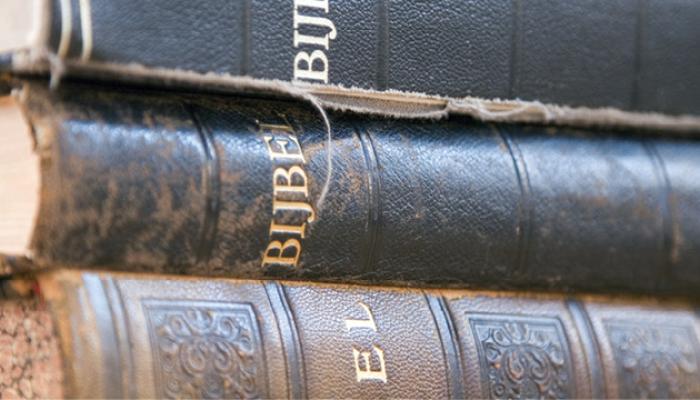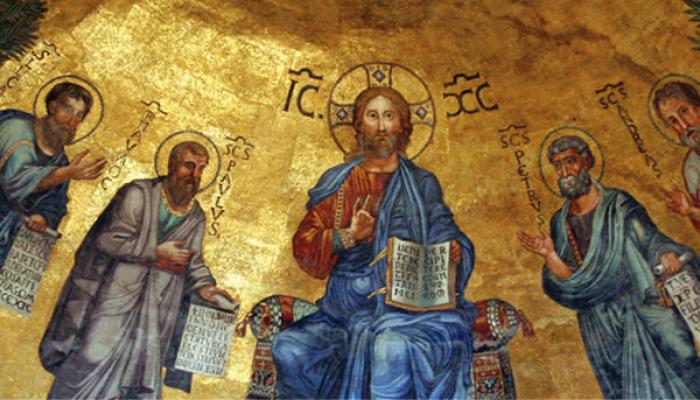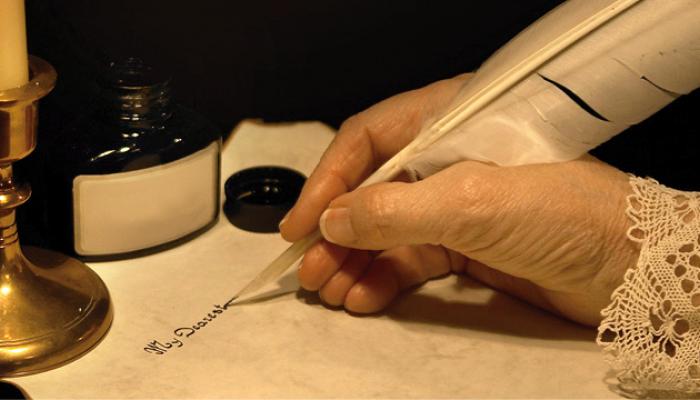
1.14 Qual è la differenza tra la Bibbia e il Corano?
I Musulmani credono che il Corano fosse stato direttamente dettato a Maometto da Dio in arabo. I testi coranici sono sacri per i Musulmani. Questo è vero anche per la Bibbia: come cristiani noi crediamo che gli autori della Bibbia furono ispirati dallo Spirito Santo (senza che Dio dettasse il testo). Questo stesso Spirito Santo aiuta i lettori a interpretare la Bibbia correttamente. Le parole nella Bibbia sono morte finché non sono lette.
Per quanto riguarda i contenuti, il Corano nega che Gesù è il Figlio di Dio e che egli è morto e risorto dai morti. Questo significa che non si riconosce la verità che Dio si incarnò in Gesù a causa del suo amore per lui.
What role does Sacred Scripture play in the life of the Church?
Sacred Scripture gives support and vigor to the life of the Church. For the children of the Church, it is a confirmation of the faith, food for the soul and the fount of the spiritual life. Sacred Scripture is the soul of theology and of pastoral preaching. The Psalmist says that it is “a lamp to my feet and a light to my path” (Psalm 119:105). The Church, therefore, exhorts all to read Sacred Scripture frequently because “ignorance of the Scriptures is ignorance of Christ” (Saint Jerome). [CCCC 24]
Faith in God, professed by the spiritual descendants of Abraham–Christians, Muslims and Jews–when it is lived sincerely, when it penetrates life, is a certain foundation of the dignity, brotherhood and freedom of men and a principle of uprightness for moral conduct and life in society. And there is more: as a result of this faith in God the Creator and transcendent, one man finds himself at the summit of creation. He was created, the Bible teaches, ‘in the image and likeness of God’ (Gn 1:27); for the Qur’an, the sacred book of the Muslims, although man is made of dust, ‘God breathed into him his spirit and endowed him with hearing, sight and heart,’ that is, intelligence (Surah 32.8). [Pope John Paul II, Ankara 29 Nov. 1979]





